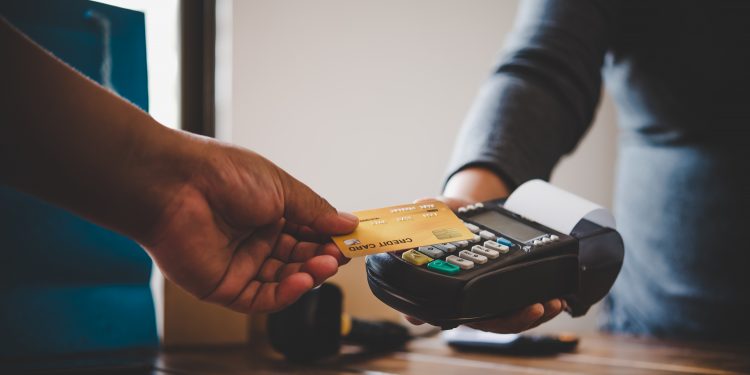Banking and credit union groups have filed a lawsuit against the state of Illinois, seeking to block the ban on applying interchange fees to taxes and tips. The suit claims that if the Illinois Interchange Fee Prohibition Act (IFPA) were to take effect, it would disrupt the current payment system and reduce the benefits that credit and debit cards offer to both consumers and businesses.
The law was signed on June 7 by Governor JB Pritzker and is set to take effect in July 2025, making Illinois the first state to exempt taxes and tips from interchange fees.
Challenges Arising from Illinois’ Interchange Fee Prohibition Act
Card issuers and processors would need to establish specific rules for consumers based in Illinois. The IFPA is vague about implementation details, but it could require consumers to swipe their credit card a second time to cover taxes and tips.
The lawsuit was filed by the Illinois Bankers Association, American Bankers Association, Illinois Credit Union League, and America’s Credit Unions, alleging that Illinois is interfering with the federal government’s exclusive regulatory authority over various federally chartered financial institutions. They argue that this law would prevent federal and state financial institutions from operating on a level playing field.
“The IFPA therefore cannot be enforced against national or state banks, federal or state savings associations or savings banks, federal or state credit unions, card networks, or any other participants in the electronic payment processing ecosystem that are integral to facilitating card transactions,” the suit claims.
“There is no way to implement what the law states easily or inexpensively,” said Don Apgar, Director of the Merchant Payment Practice at Javelin Strategy & Research. “It’s not just as simple as not charging the merchant fees on taxes and tips, but this affects the entire settlement process between merchants, processors, card networks and card issuers. There is also the possibility that smaller issuers will cease servicing restaurants or allowing their cards to be used there solely to avoid the costs of compliance, reducing competition and ultimately resulting in higher costs for merchants and consumers.”
Those in Support
Retailers remain in full-throated support of the IFPA. “It helps retailers control costs on the moneys they’re collecting on behalf of state and local governments and tipped employees,” Rob Karr, President and CEO of the Illinois Retail Merchants Association, told Bloomberg Law. Karr’s group helped the Illinois legislature write the law.
The Illinois rule is seen as a test case, with several other states now considering similar laws. Pennsylvania, for example, has proposed a law that would require processors to refund swipe fees incurred on sales taxes.
In addition, Senator Dick Durbin—who’s from Illinois—has been advocating for a national cap on interchange fees through his Credit Card Competition Act of 2023. However, that proposal remains stalled in the Senate Banking Committee and the House Financial Services Committee.











